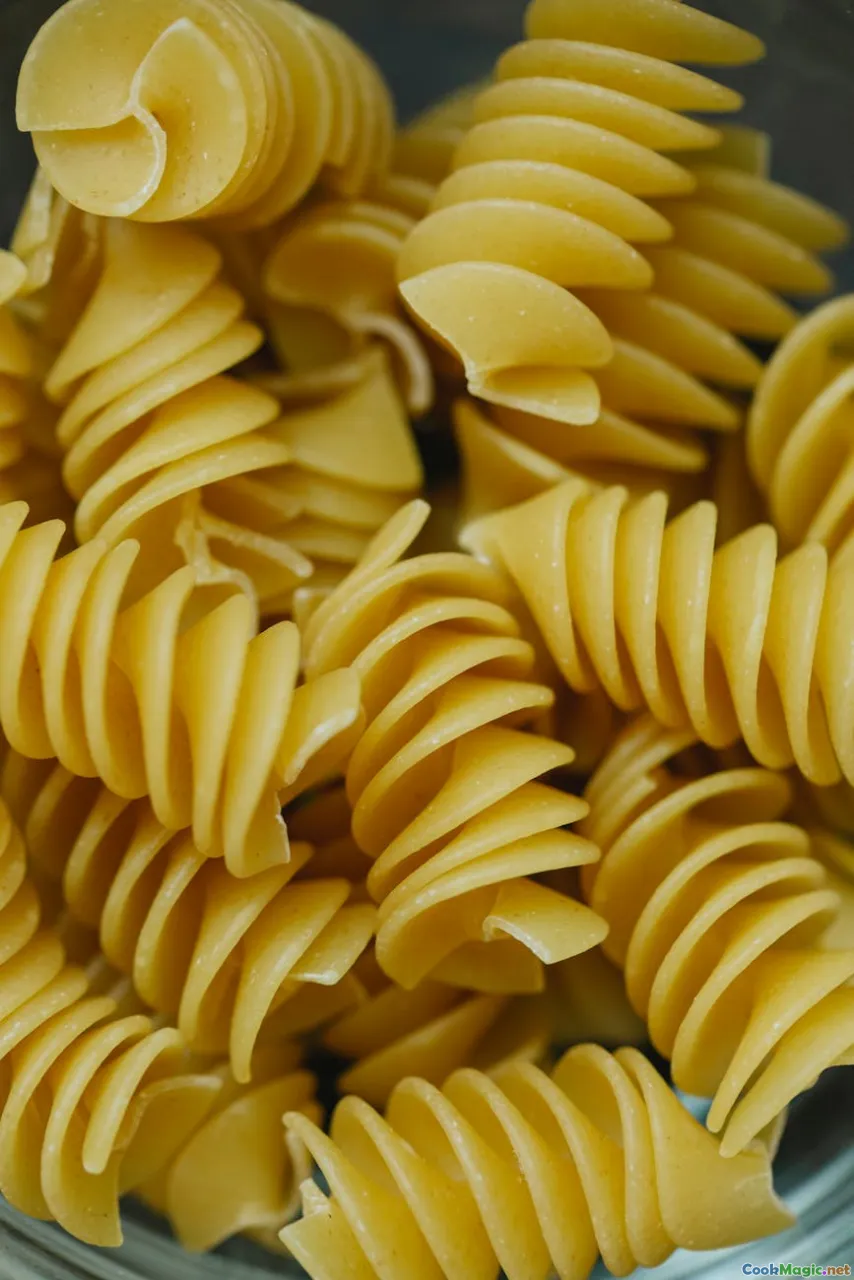Festivals and Food in Italy
7 min read Discover Italy's vibrant festivals where food takes center stage, blending history, culture, and unforgettable culinary experiences. April 21, 2025 09:00
Festivals and Food in Italy
Italy, a land renowned for its breathtaking landscapes, historic cities, and artistic masterpieces, also boasts a culinary culture as rich and diverse as its history. But what makes Italian cuisine truly extraordinary is how deeply intertwined it is with the country's vibrant festivals and celebrations. These events are not just moments of joy and communal bonding; they are living, breathing expressions of regional identity, history, and tradition, expressed vividly through food.
An Introduction: Italy’s Feast for the Senses
Imagine walking through narrow cobblestone streets, the aroma of freshly baked bread mingling with the sweet scent of ripe fruit, while local melodies drift through the air. Italy's festivals turn ordinary days into extraordinary feasts, where each dish tells a story—of saints, seasons, soil, and centuries of craftsmanship. These celebrations are an immersive experience, where taste, smell, sight, and sound come together in a symphony of sensory delights.
The Cultural Tapestry of Italian Festivals
Historical Roots and Regional Variations
Italy's festivals are rooted in a myriad of historical and religious traditions. From the solemn processions honoring saints to lively harvest festivals, each reflects the unique history of its region. For instance, in the North, the Venice Carnival dazzles with masks and pastries like the frittella, a deep-fried treat dusted with sugar, while in the South, the Festa di San Gennaroin Naples celebrates with fireworks and the famouspizza.
Food as a Central Element
In Italy, food is more than sustenance; it’s a language of celebration. During festivals, local specialties are prepared with fervor, often using age-old recipes passed down through generations. These dishes are not only about flavor but also about preserving cultural identity.
Iconic Festivals and Their Culinary Delights
1. La Sagra del Tordo (The Thrush Festival) – Umbria
Held in the small town of Montone, this festival celebrates the hunting and cooking of thrushes, a tradition dating back centuries. Today, it transforms into a gastronomic event featuring grilled game meats, paired with local wines. The air is infused with the smoky aroma of open-flame grilling, and the communal tables are laden with rustic bread, aged cheeses, and hearty stews.
2. Carnevale di Venezia (Venice Carnival)
Venezia’s Carnival is a spectacle of masks, costumes, and caprice. But the culinary highlight is the delicate Frittelle, sweet fried dough balls dusted with powdered sugar, and galani, crispy pastry strips drizzled with honey. These treats are as colorful as the masks and as festive as the masquerade itself.
3. La Festa della Madonna Bruna – Matera
This festival features a grand procession and a spectacular display of focaccia, pasta fatta in casa, and local sweets like pasticciotto. The celebration honors the patron saint of Matera, blending sacred rituals with communal feasts that showcase the region’s rustic culinary heritage.
4. Sagra del Pesce (Fish Festival) – Camogli
Nestled along the Ligurian coast, Camogli hosts a festival dedicated to seafood. Here, the streets are alive with the scent of fried anchovies, seafood risotto, and pesto alla genovese. The festival is a tribute to the town’s maritime roots, where fresh catches are transformed into culinary treasures.
5. Palio di Siena
While primarily known for its historic horse race, Siena’s Palio also features grand banquets, with bruschetta, soup di pane, and sliced roast meats served in lively piazzas. The event exemplifies how food and tradition intertwine to create a collective identity.
Personal Insights: Food as a Reflection of Identity
Having traveled extensively through Italy, I’ve learned that each festival offers a window into the soul of its community. I recall attending the Festa di San Giovanni in Florence, where the smell of roasted chestnuts and grilled sausages filled the air, mingling with the sound of folk music. It was in those moments I realized that Italy’s festivals are more than culinary celebrations—they are living stories, passed from generation to generation, of resilience, faith, and communal pride.
The Sensory Experience: More Than Just Food
Participating in these festivals is an immersive journey. The textures of freshly baked ciabatta, the vibrant colors of sugar-coated candied fruits, and the warm, convivial atmosphere make each event unforgettable. The act of sharing food—whether a slice of pizzain Naples or apiece of panettone in Milan—cements bonds and keeps traditions alive.
Why Festivals Matter in Italian Food Culture
In a rapidly modernizing world, these festivals serve as vital anchors to Italy’s culinary heritage. They preserve regional ingredients, cooking techniques, and stories that might otherwise fade away. They also foster a sense of community, connecting locals and visitors alike in celebration.
Conclusion: An Invitation to Experience
Italy’s festivals are a testament to its rich tapestry of culture and cuisine. They remind us that food isn’t just about eating; it’s about celebrating life, history, and community. So, whether you find yourself in a small mountain village or a bustling city during festival season, embrace the chaos, the colors, and the flavors. Join the feast—because in Italy, every bite is a story, and every festival is a celebration of life itself.
Benvenuto in Italy’s world of festivals and food—an eternal banquet for the senses.









